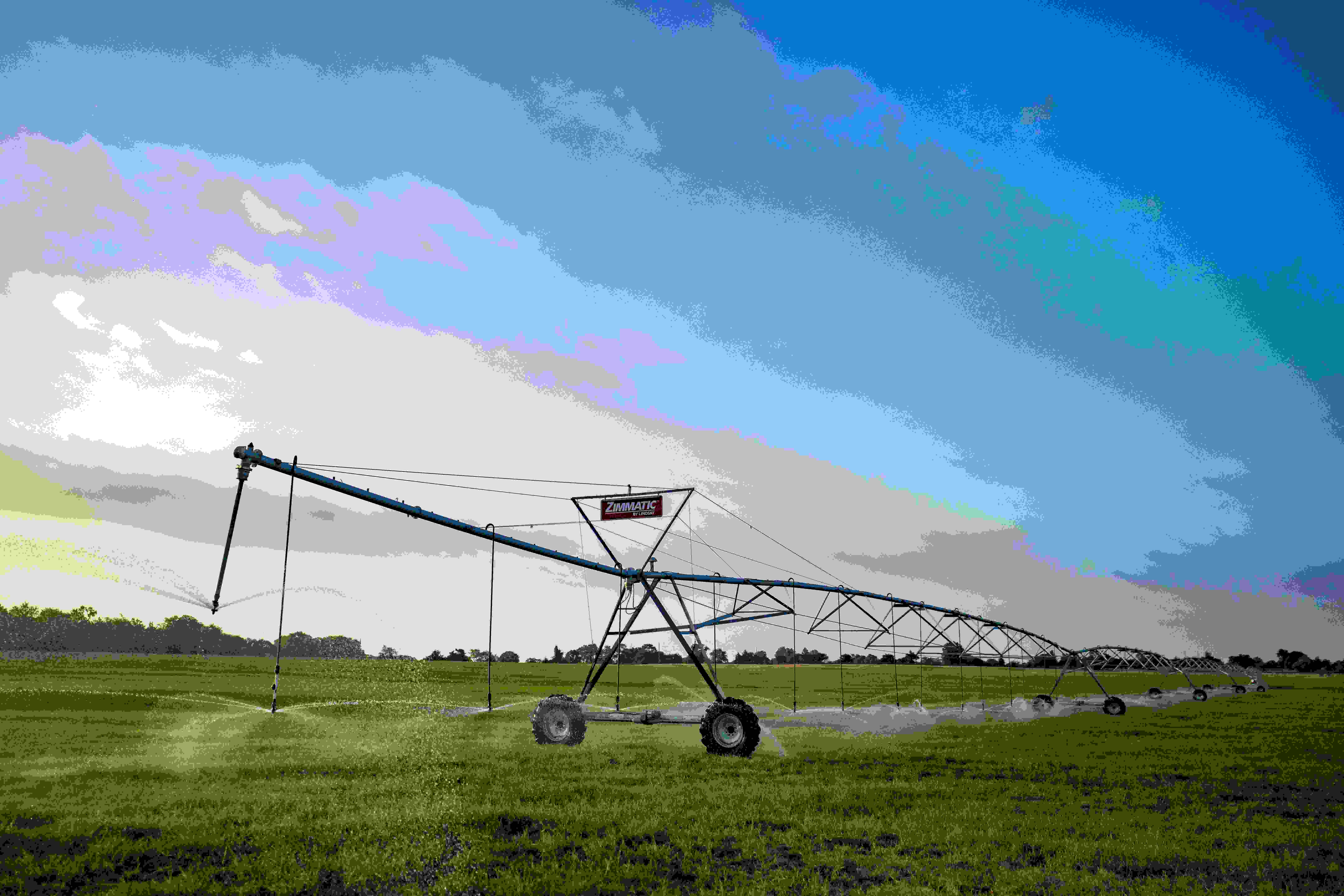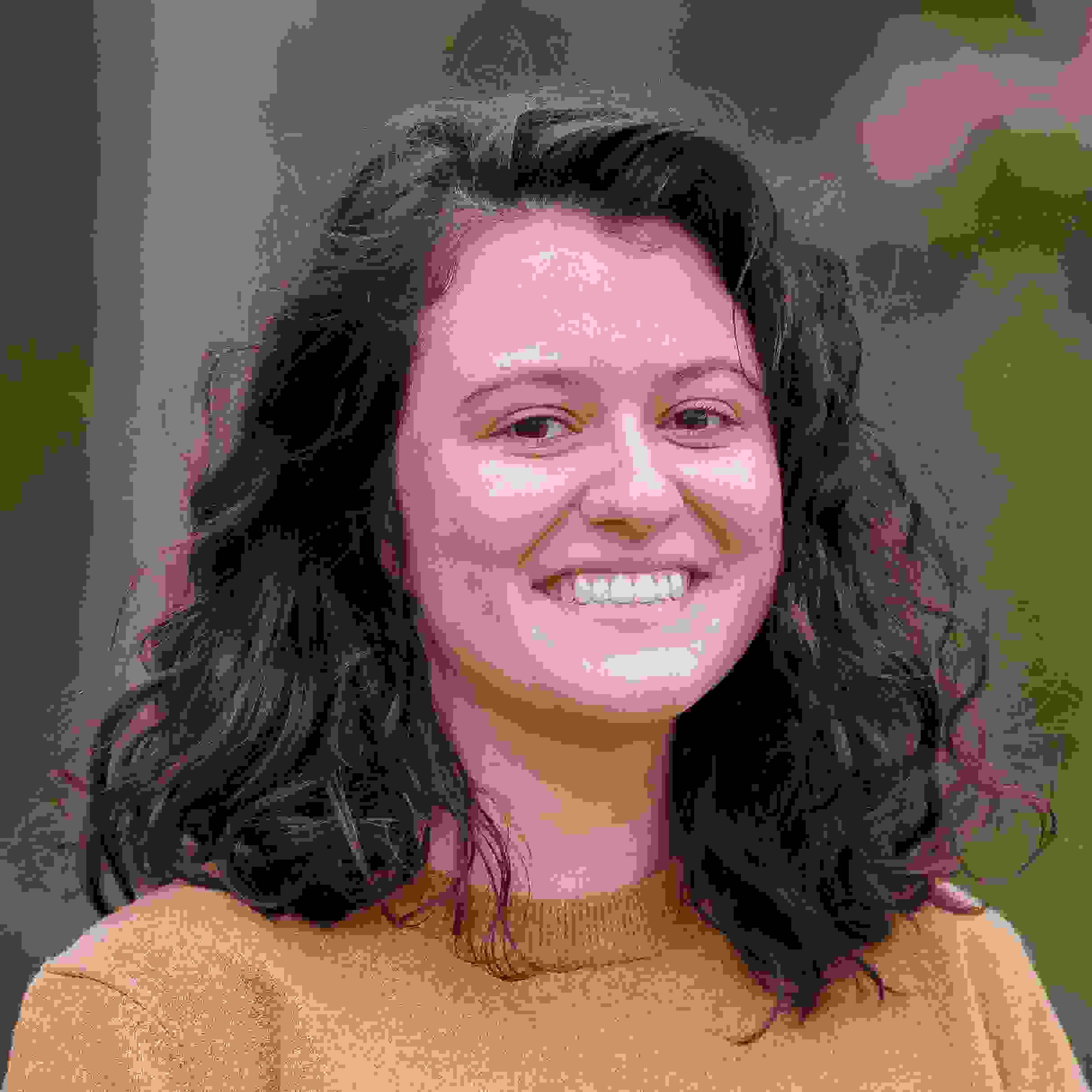(Photo by Sam Craft, Texas A&M AgriLife Marketing and Communications.)
Funded in 2021 by a $10-million, 5-year grant from the U.S. Department of Agriculture, the Southern Great Plains Regenerative Agriculture project is working to intensify agricultural production in an environmentally sustainable way to enhance agronomic, economic, and community resiliency in the Southern Great Plains by successfully integrating regenerative agricultural practices to increase carbon sequestration, reduce greenhouse gas emissions, mitigate climate change impacts, diversify producer income streams, conserve scarce water, provide training on emerging technologies, and enhance rural communities.
The project team includes 29 researchers, eight institutions across two states and many graduate student researchers, including Trevor Johnson, a Ph.D. student at Texas Tech University. Donna Mitchell McCallister, Ph.D., assistant professor in the Department of Agriculture and Applied Economics at Texas Tech, is a co-director of the project and is Johnson’s Ph.D. advisor.

Where are you from and what’s your background?
I’m from a small town called Crowell, Texas, which is about two and a half hours east of Lubbock, virtually the middle of nowhere. I did my bachelor’s and master’s here at Texas Tech University in agricultural and applied economics. Currently, I’m finishing the first year of my Ph.D. in agricultural and applied economics at Texas Tech.
What’s your research about?
My dissertation/research is going to be focused on the economics of carbon sequestration and agricultural production. During the agricultural production process, carbon is released into the atmosphere. Over the past several decades, there have been policy initiatives to reduce carbon emissions, so we’re focusing on, how do we incentivize producers to adopt these regenerative agricultural practices that would sequester carbon back into the ground? My advisor does a lot of work with water conservation, so we’re looking at how these carbon contracts would relate to water conservation.
What got you interested in agriculture?
I grew up on my family’s ranch and have been heavily involved in agriculture my entire life. It’s kind of natural to just continue learning about it. I also really like the applied economics aspects of our program, learning about the different economic parts of different production processes, such as modeling and forecasting.
Where do you see yourself in the future, and how is this project helping you prepare?
If I start teaching and really enjoy that, then obviously that will be something that I want to keep doing — teach, do research and stay in academia. If I plan to stay in academia, grant writing is a huge aspect of it. If you’re going to do research, you need funding, so I’m learning to write grants and how to do it effectively. I could also potentially work in the industry or for an agency.
What skills are you learning on this project?
It’s definitely research-heavy. I learned different models and metric analysis in classes that I’m able to apply to this research.


